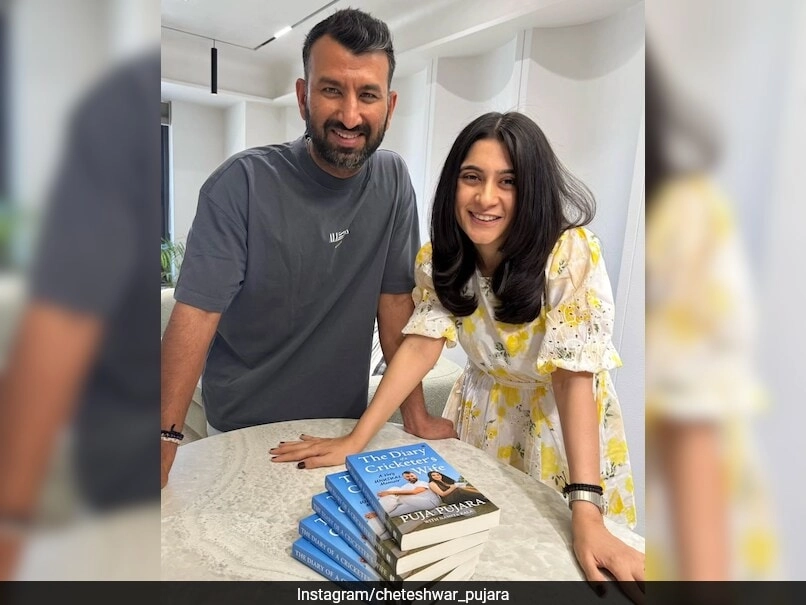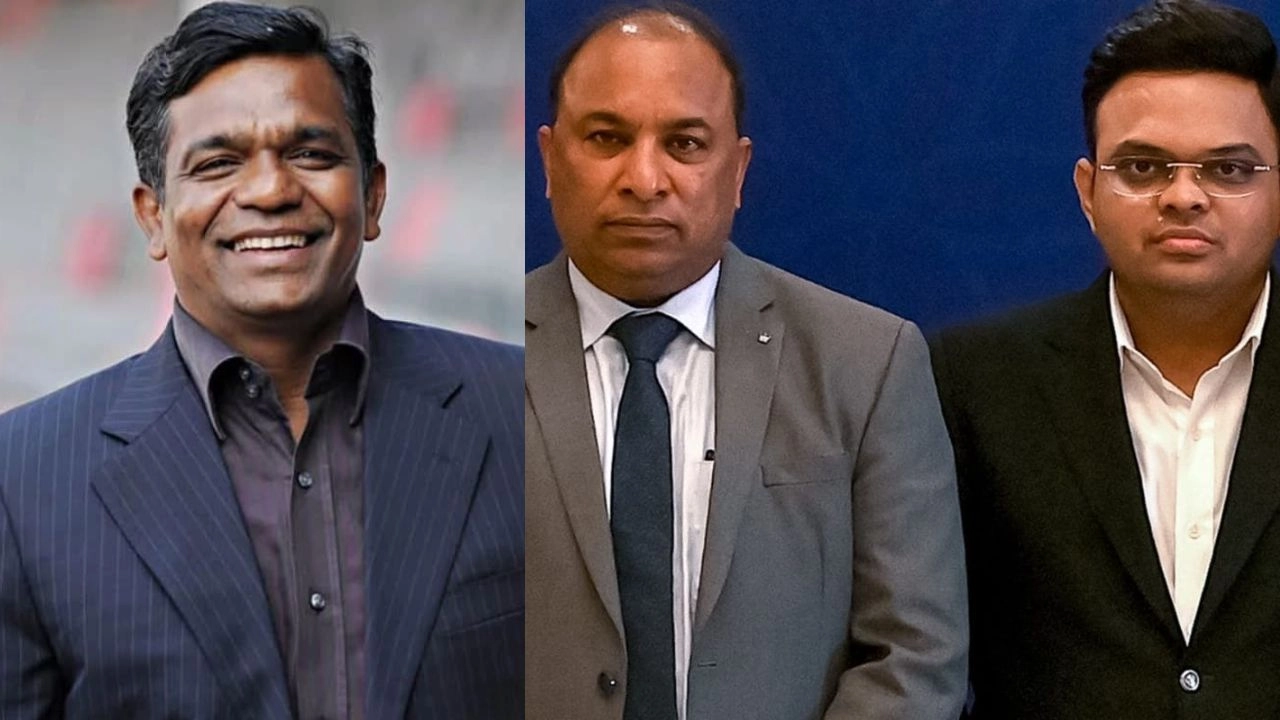In a surprising revelation, Cheteshwar Pujara’s wife has come forward with an astonishing claim regarding the dynamics within the Indian cricket team. During a recent interview, she disclosed that a prominent player, whom fans often laud and celebrate, was instrumental in advocating for Pujara’s exclusion from the team. This shocking statement sheds light on the often-hidden rivalries and politics that can exist in the world of professional sports, particularly in a team as high-profile as the Indian cricket team.
Pujara, known for his resilience and steadfastness on the field, has been a crucial player for India, especially in Test matches. However, the competitive nature of cricket can sometimes lead to internal conflicts among players, and it appears that even teammates may not always support each other. The revelation from Pujara’s wife raises questions about the nature of camaraderie in sports and how personal relationships can be influenced by professional rivalries.
Additionally, this incident highlights the pressures athletes face not only from their performance but also from the perceptions and opinions of their peers. The competitive spirit that drives players to excel can sometimes manifest in detrimental ways, as illustrated by the actions of the player in question. This situation serves as a reminder that the world of sports is not just about talent and skills; it also involves navigating complex interpersonal relationships and the politics that come with fame and success.
As fans and followers of cricket, we often idolize players without fully understanding the intricacies behind their public personas. Pujara’s wife’s revelation invites us to reconsider our perspectives on sportsmanship and the challenges that athletes encounter. It emphasizes the importance of support and solidarity among teammates, which can significantly impact their performance and morale. This situation will likely spark discussions about the need for a more supportive environment within professional sports, where players uplift each other rather than engage in undermining behaviors.




